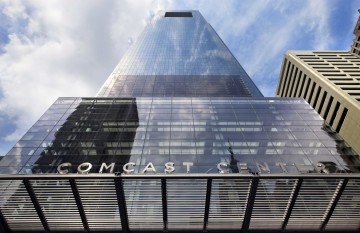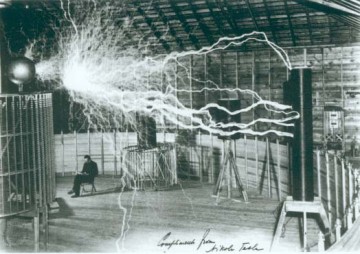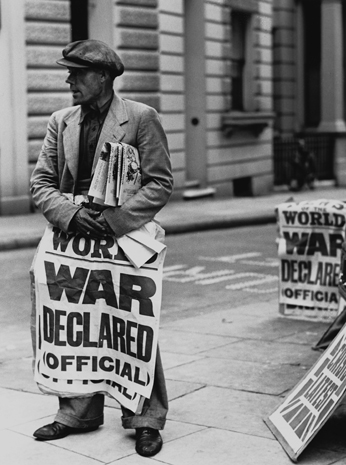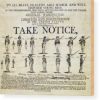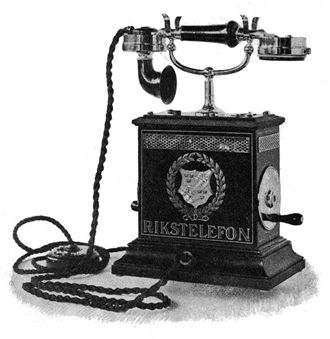 The US FCC has redefined the minimum spec required to define a service as broadband.
The US FCC has redefined the minimum spec required to define a service as broadband.
As part of its 2015 Broadband Progress Report, the raised the minimum download speeds needed from 4Mbps to 25Mbps, and the minimum upload speed from 1Mbps to 3Mbps.
At the stroke of a pen it triples the number of US households without broadband access and means there should be some jolly cross people miffed that they bought something they thought was broadband but isn’t.
Currently, 6.3 percent of US households do not have access to broadband under the previous 4Mpbs/1Mbps threshold, while another 13.1 percent do not have access to broadband under the new 25Mbps downstream threshold.
FCC Commissioner Tom Wheeler was vehement in his support for the new broadband standard. “When 80 percent of Americans can access 25-3, that’s a standard. We have a problem that 20 percent cannot. We have a responsibility to that 20 percent.”
FCC Commissioner Mignon Clyburn said: “We are never satisfied with the status quo. We want better. We continue to push the limit, and that is notable when it comes to technology… as consumers adopt and demand more from their platforms and devices, the need for broadband will increase, requiring robust networks to be in place in order to keep up. What is crystal clear to me is that the broadband speeds of yesteryear are woefully inadequate today and beyond.”
However there is a push to make the minimum broadband standards far past the new 25Mbps download threshold, up to 100Mbps.
FCC Commissioner Jessica Rosenworcel thinks the new threshold should be 100Mbps.
However, that would anger the telcos and cable providers who currently call the shots on internet connections in the US. Many of them would prefer to see dial up defined as broadband. As it is changing the national broadband standards to 25Mbps down and 3Mbps up is a bold move for the FCC.
Companies like AT&T and Verizon, which employ DSL services to a notable number of their users and AT&T’s fastest DSL offerings only reach 6Mbps down, while Verizon’s DSL speeds top out at 15Mbps.
In a letter sent to the FCC last week, the National Cable & Telecommunications Association (NCTA) made known its objections to any changes to current broadband standards, stating that examples used by supporters of raising the broadband standards “dramatically exaggerate the amount of bandwidth needed by the typical broadband user.”
The NCTA told the FCC that 25Mbps down isn’t needed for 4K streaming and that users aren’t even interested in higher quality content yet and they will take what ever the suppliers will give them or else they will have to move somewhere else.
The US is currently ranked 25th in the world in broadband speeds, thanks mostly to the fact that the telcos have nearly monopolistic power in the US and politicians in their backpocket.
